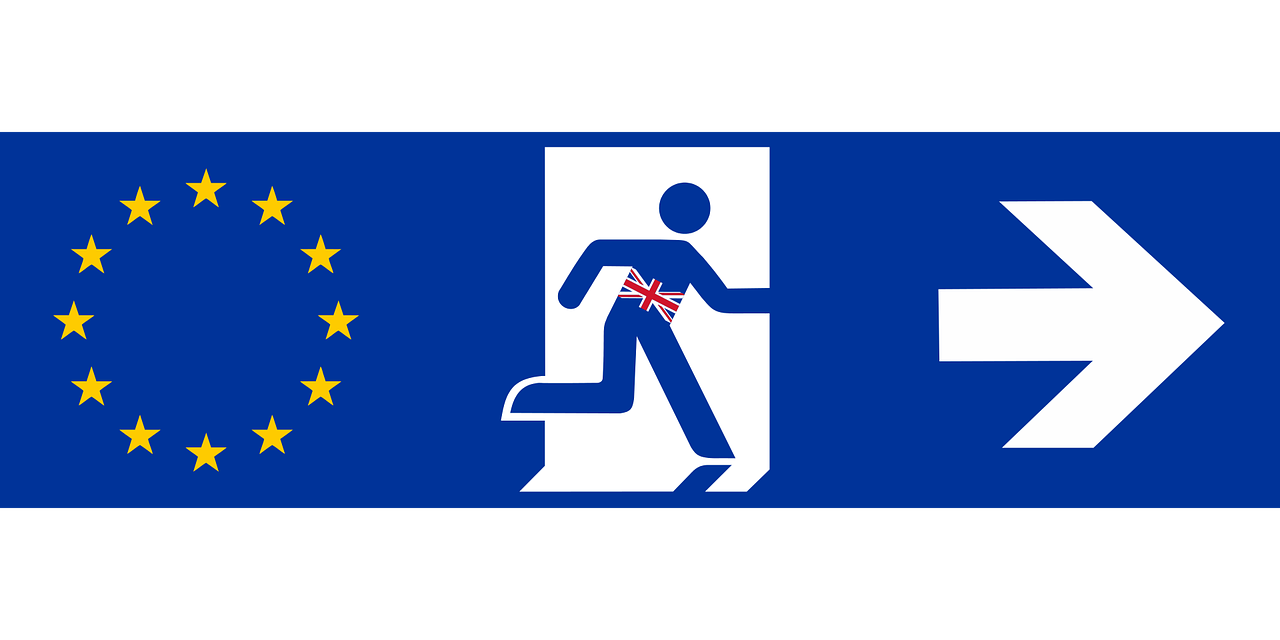As you know by now, European President Jean-Claude Juncker had a meeting with British Prime Minister Theresa May last Friday morning to agree a historic deal defining the terms of Britain’s divorce from the EU. If all that was agreed on December 8th comes to pass, the UK has essentially committed to a soft Brexit.
Ireland has done well in Phase 1 of the Brexit negotiations, including preserving the Common Trade Area, protecting the Good Friday Agreement and, crucially, obtaining a guarantee that there will be no hard border. It is now for the European Council to decide today if sufficient progress has been made to allow the negotiations to proceed to Phase 2, which is a significant step forward in the process leading towards UK withdrawal from the EU in March 2019. It is expected that a transition period would last two years ensuring Britain will remain part of the customs union and single market (including being subject to EU law) until 2021.
Thereafter, the risks and unknowns for your business need to be carefully considered. Most proactive businesses have started to document Brexit assumptions within their Brexit action plans, supporting their planning and strategy work. Whether importing directly or indirectly from the UK, the impacts to your operating model, supplier base, cost base and working capital requirements needs to de analysed, to understand where the areas of greatest risk are (so as to develop suitable mitigating actions to reduce the impact of Brexit on your business).
Specifically focusing on your supply-base and imports, can you answer the following 5 questions to identify risks and resilience steps for your business?
- What suppliers will impact the business most if they cannot supply you tomorrow?
- Do you know what % of your goods and services are coming directly or indirectly from the UK?
- Have you researched alternative non-UK suppliers?
- Are there contracts, licenses or regulations restricting your global sourcing strategies?
- Are you aware of the potential additional costs to import from Europe in terms of hubbing, logistics partners, Minimum Order Quantities plus the impact on cash flow?
As Arvo have been participating in Enterprise Ireland’s Brexit Roadshows recently, let us know today how we can help build resilience into your supply chain for Brexit (& other Political, Economic & Technological events that may cause risks for your business in future).



 As a Procurement Service listed on our marketing materials and
As a Procurement Service listed on our marketing materials and